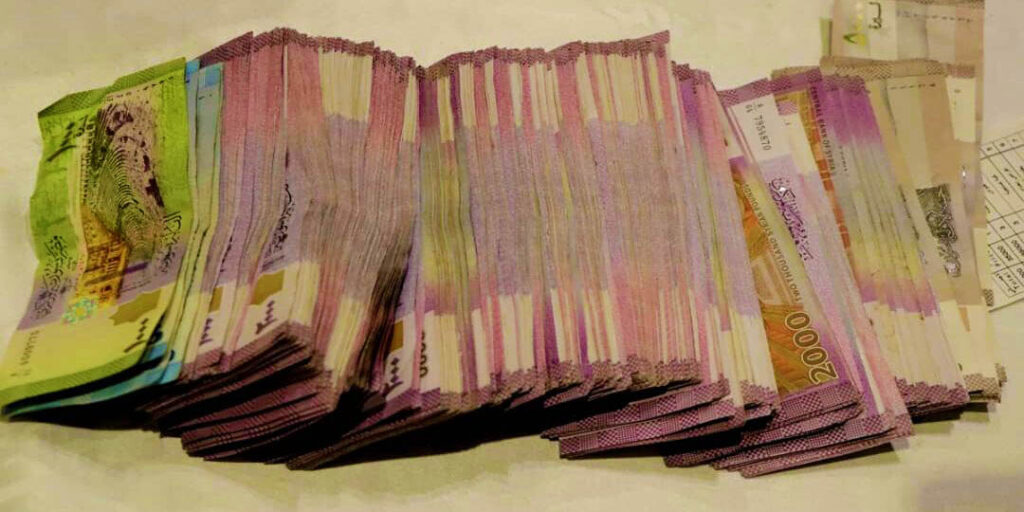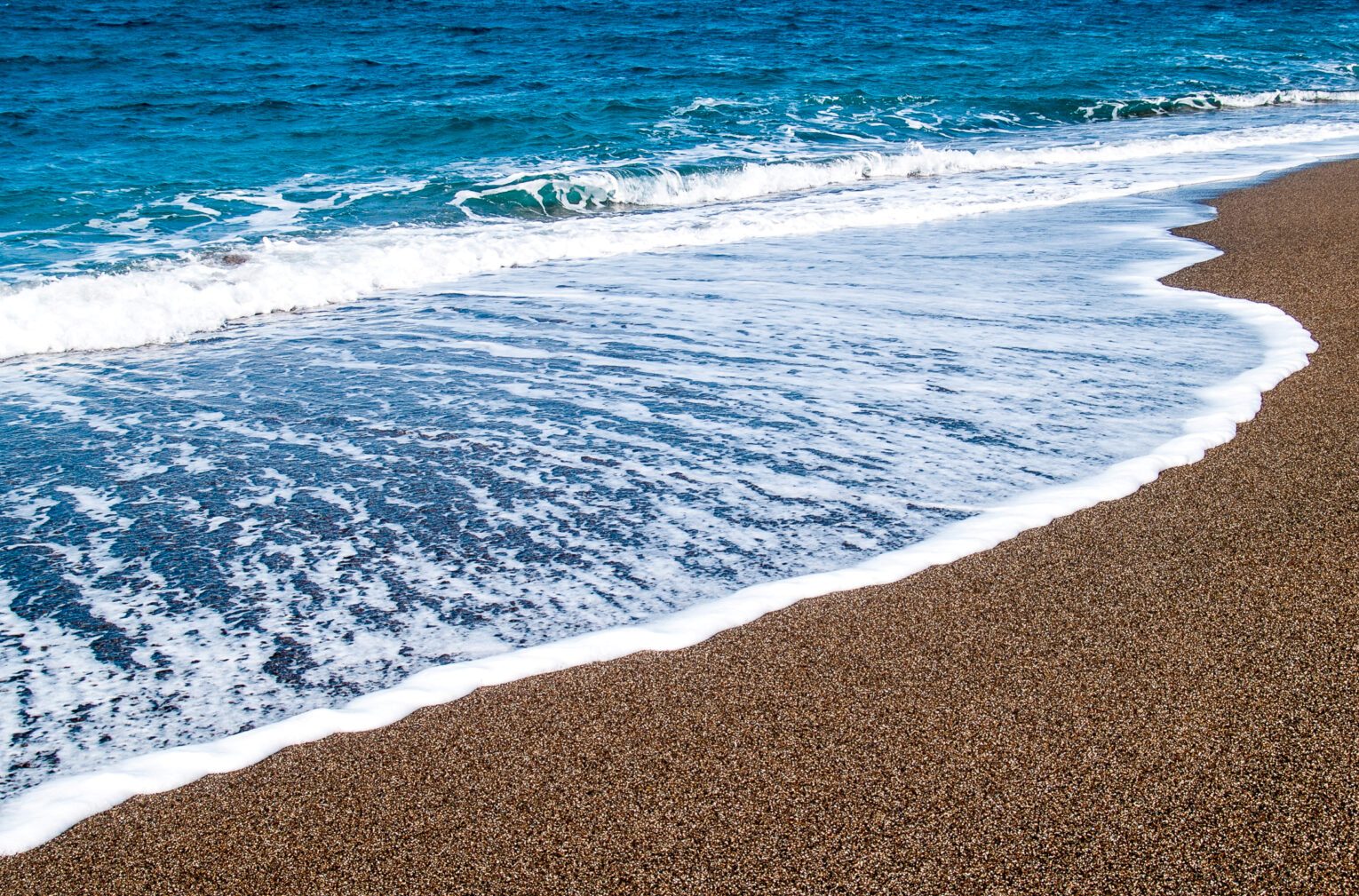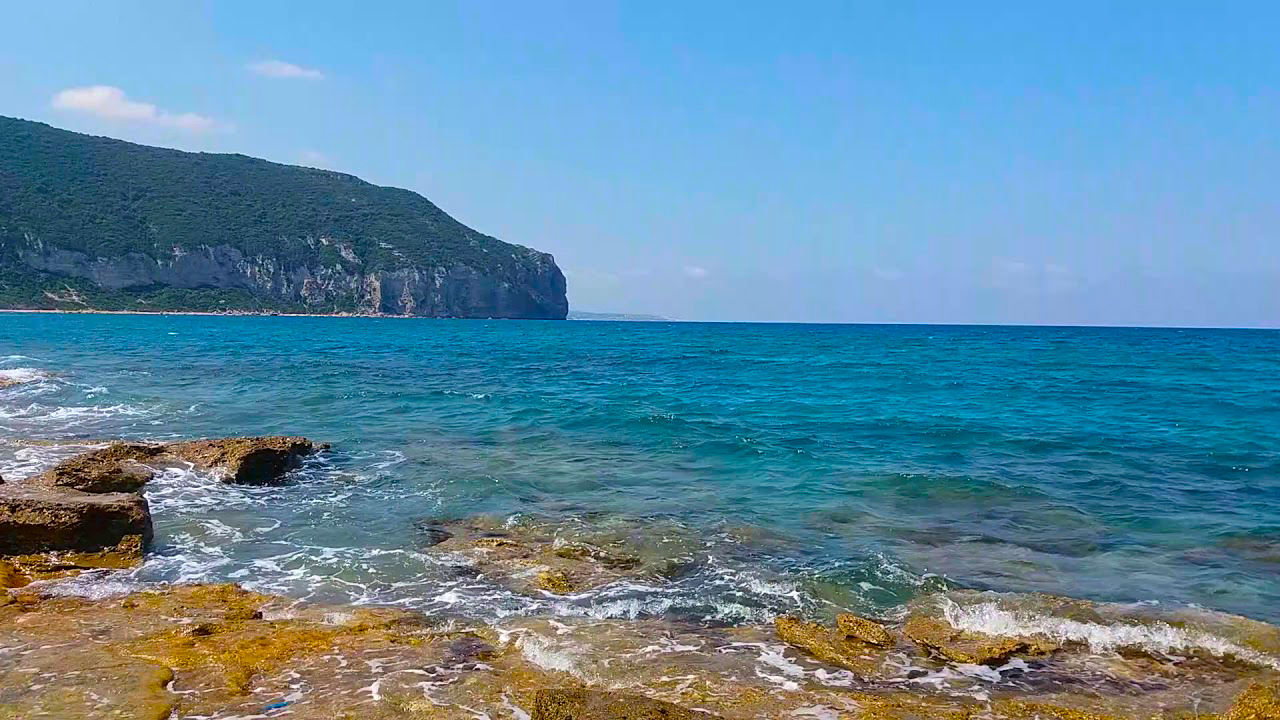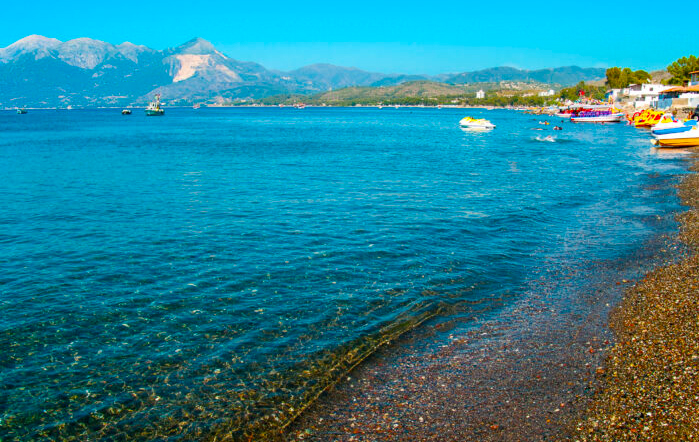Syria Currency : Planning a trip to Syria involves not only choosing the best places to visit but also understanding how to manage your money. Syria Currency is the Syrian Pound (SYP), and due to the country’s unique economic situation, travelers should prepare in advance. Syria Currency operates mostly on cash, as credit cards and ATMs are rarely used. Before you arrive, it’s important to know how Syria Currency exchange works to avoid confusion or inconvenience. With a few simple tips about handling Syria Currency, you’ll be ready to manage your expenses confidently throughout your stay.
Official Syria Currency
The official currency in Syria is the Syrian Pound, commonly abbreviated as SYP or sometimes LS (from the French livre syrienne). Prices in Syria are always listed in Syrian Pounds, whether you are buying a bottle of water, paying for a hotel, or taking a taxi.
Banknotes are issued in various denominations, including 50, 100, 200, 500, 1000, 2000, and 5000 SYP. Due to inflation, higher denomination notes are used more often for daily transactions, especially in cities.
Currency Fluctuation and the Informal Market
One of the most important things to understand is that Syria has both an official exchange rate and an informal (black market) exchange rate, and the difference between them can be significant. The official rate is used by banks and government institutions, while most travelers and locals rely on the informal rate for daily use because it reflects the actual market value of foreign currencies.
For example, while the official rate may state a certain amount of Syrian pounds per US dollar or Euro, the street rate is usually higher, and many vendors or exchange offices operate based on that. This is important because if you exchange your money at the official rate, you may receive far fewer Syrian Pounds than if you exchange at the street rate.
Bring Cash – Credit Cards Are Not Accepted
Syria is largely a cash-based economy, especially for foreign travelers. Due to international sanctions, credit cards, debit cards, and ATM withdrawals using foreign cards do not work inside the country. This means you cannot rely on your bank card to access money once you are in Syria.
You should bring enough cash in foreign currency, preferably US Dollars or Euros, to cover your entire stay. These currencies are widely accepted for exchange and are easy to convert into Syrian Pounds. Make sure to bring clean, undamaged notes in higher denominations ($50, $100, or €50, €100), as old or torn notes may not be accepted by exchange dealers.
Where to Exchange Your Money
Money exchange is usually done through licensed exchange offices, not banks. These offices operate in major cities such as Damascus, Aleppo, Latakia, and Homs. Some work closely with tour operators and local guides, and the rates they offer are generally close to the informal market rate.
You can also exchange money through trusted individuals or your hotel, especially if arranged through a travel agency. It is advisable to avoid street money changers unless you are with a local or a trusted guide.
Never exchange all your money at once. It is better to convert small amounts as needed, especially since the currency may fluctuate during your stay.
How Much Cash Should You Bring
The amount of cash to bring depends on the length of your stay, your accommodation choices, and your travel style. As a general guide:
- Budget travelers may spend around $30 to $50 per day.
- Mid-range travelers should plan for $60 to $100 per day.
- Luxury travelers or guided tour participants may need more depending on their itinerary.
This amount should include accommodation, meals, transport, entrance fees, and shopping.
It is also smart to carry a mix of small bills in Syrian Pounds for everyday purchases like snacks, transport, and tips.
Keep Your Cash Safe
Since you will be carrying cash throughout your trip, make sure to keep it secure. Use a money belt or a travel pouch, and divide your money into separate locations — one part in your luggage, another in your hotel safe, and a small amount with you for daily expenses.
Avoid flashing large amounts of money in public. Syria is generally safe in terms of petty theft, but as with any destination, caution is always a good idea.
Syria Currency – Final Tips

- Ask your hotel or guide for the best exchange rates and locations.
- Always count your money carefully after exchange.
- Do not rely on exchanging Syrian Pounds back into foreign currency at the end of your trip — use up what you have or convert a small amount back if possible.
- Save some small bills for airport transport or last-minute expenses.
Finally.. If you have any questions about Syria Currency, please contact us. To explore further, visit our Facebook Syria collection for rare images and cultural highlights.



